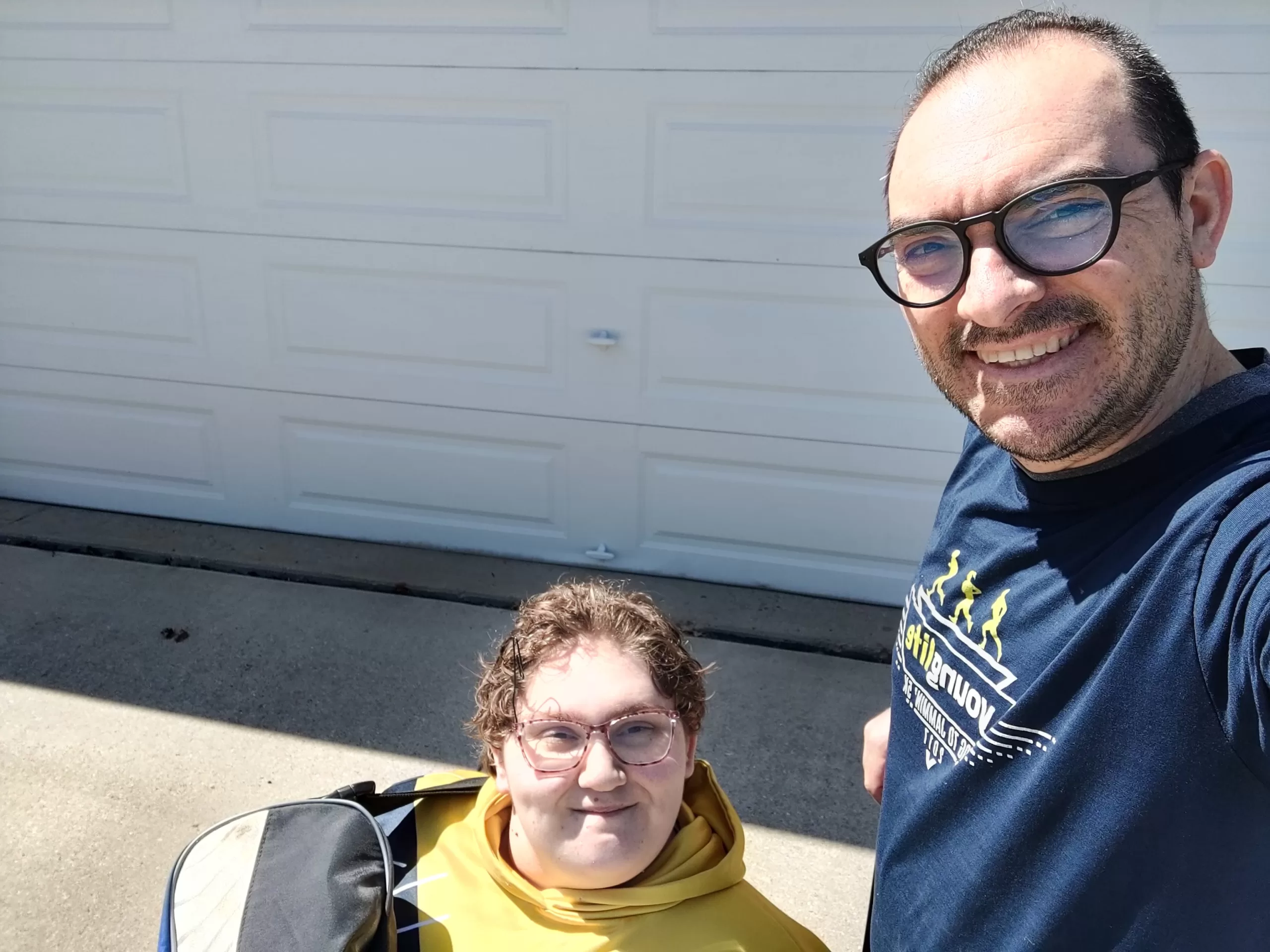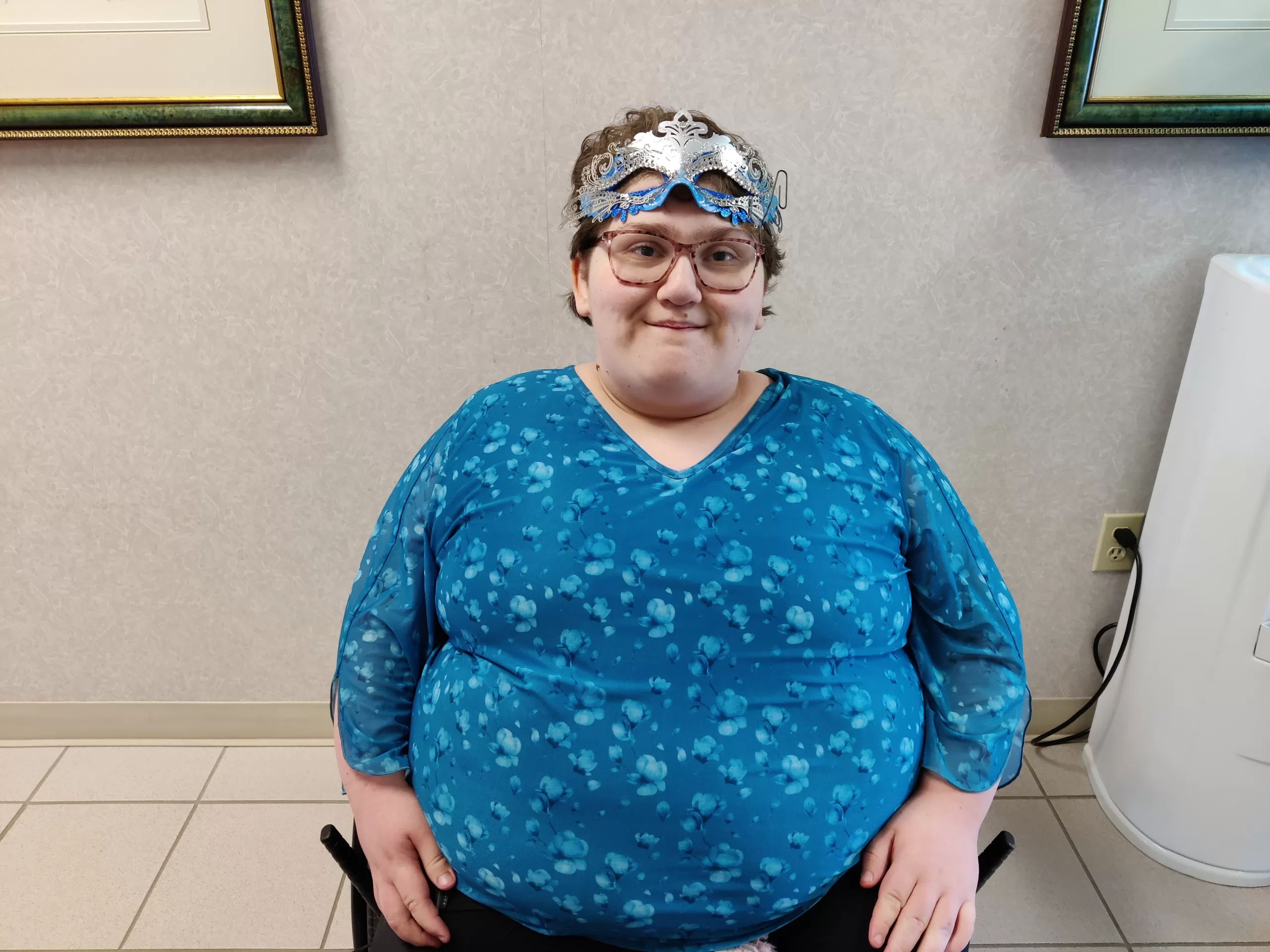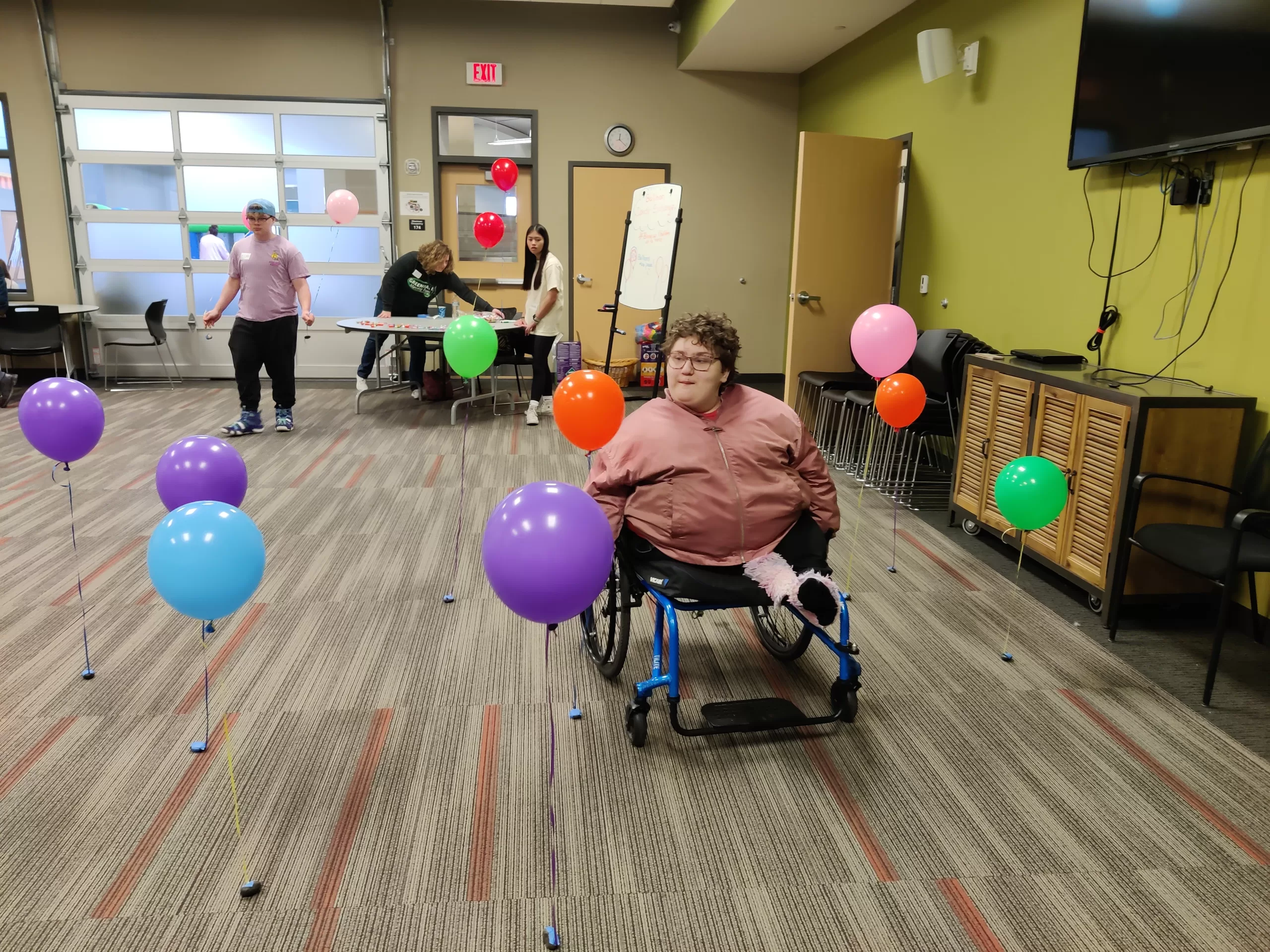One of my favorite phrases since becoming a special needs parent (though we don’t think of ourselves like that; we’re just parents taking care of our baby girl) is “I’m not an expert, but I play one in real life.” I’m not sure where I picked it up. Regardless, I love this saying because for me, it underlines the fact that we’re not experts. We didn’t go to school for this; we didn’t train for this; we weren’t prepared for this. But we do it anyway. And we do it for the best of reasons: love.
A friend of mine – Barbara from TherExtras was retweeting some stuff from a bioethics conference. One in particular left me shaken:
RT @supercatcalhoun: Intentional v foreseen life shortening, legal principle. Not causing death by withdrawing treatment. #bioethics
Know what that means? “Foreseen life shortening,” that’s when you know a patient can’t survive on their own, and you merely choose to not treat them. The argument that you’re not causing death, simply because you’re not treating what will kill them, makes me feel cold. (I know that this argument is geared more towards end-of-life and euthenasia, but in my mind, life is still life.)
But why should I care? I have a healthy daughter, right? Well, that wasn’t always the case. Namine has a serious heart defect, called double-inlet left-ventricle heart defect. Add to that her Pierre Robin Sequence, which caused her regressed jaw and cut off her airway. Prior to her birth, doctors didn’t know if she would even survive the birthing process, much less if she would survive for any long period of time. (Even so, she spent the first seven months of her life in an ICU.) If treatment were refused her, she would surely have died.
Before Namine was born, doctors presented us with several options. They explained to us that in all probability, Namine would be physically and mentally disabled. She would be subject to many, many surgeries, and would most likely hate to be touched, hugged, or kissed – she would loathe pretty much any physical contact, really. She would have a hard life, and providing for her would be a veritable nightmare. Thus, our choices. One, give her the surgeries necessary for her to survive. Do all we could to provide for her. Do not expect her to survive, because she will most likely die. Or two, deny her the procedures. Make her as comfortable as possible, and ease her passing, because she cannot survive her defects unaided.
Some choice. How is number two any different from murder? It’s not, not in my mind or Jessica’s. Of course we decided number one. Of course we decided on life, on caring for her through thick and thin, no matter what life and fate threw our way. Caring for her has not been easy, but neither is it something I would trade for all the world. We have been through probably a dozen surgeries by now, to say nothing of the blood draws, ER visits and the like. But Namine is our miracle baby, God’s hand in our lives, bringing us joy and hope where once we saw only despair and hopelessness.
And with that, I think I’ll leave you with some song lyrics that I feel apply here; they are certainly true for me.
If this is all the love my spirit can give
Just take it back tonight
There is not a reason more to live



Leave a Reply